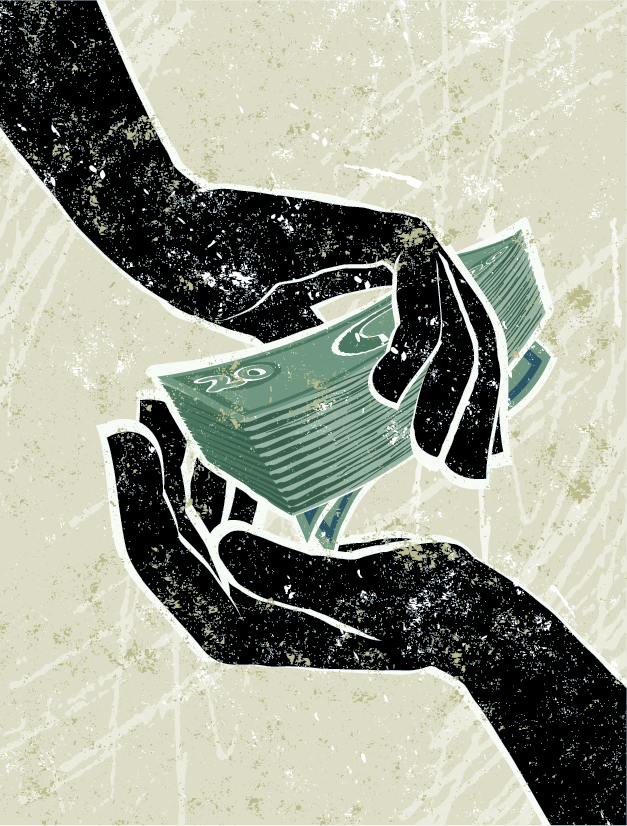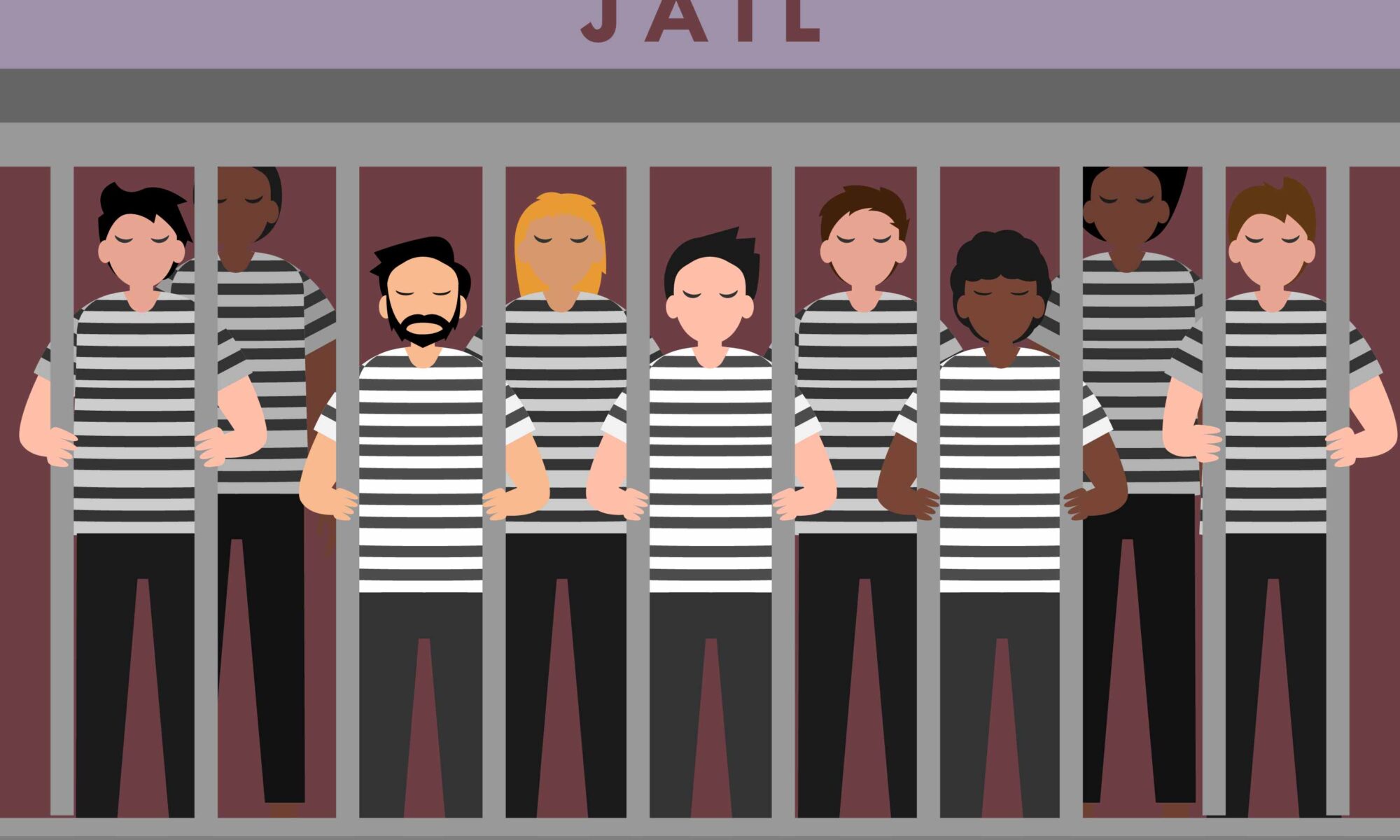
This is a completely true story that I personally experienced a long time ago as an undergraduate living in a dormitory where we had a soda vending machine to the great disappointment of some students, their cans of soda would come out frozen — when they pulled the tab and opened it, they got an explosion of carbonated fizz. What remained would be a big chunk of ice inside the can. However, other students who selected a different button on the machine would receive a perfectly satisfactory cold can of liquid soda. I figured out exactly and unambiguously why this was happening based on a specific principle from a science class I had taken. What do you think the difference was between the soda cans that were frozen and those that were not?
An Algorithmic Cooperation Dilemma
The following solution was submitted by Jordan Bonner:
1) Define assumptions for both Claire and David:
- They have the same estimate of p.
- They are rational, will act optimally, and act at the same time.
- They both assume the other will act optimally.
2) Define expected payoffs:
| Claire’s Decision | David’s Decision | Claire’s E(Profit), in $Bn | David’s E(Profit), in $Bn |
| Share | Share | p × 6 + (1 − p) × 3 = 3p + 3 |
p × 6 + (1 − p) × 3 = 3p + 3 |
| Share | Keep | p × 2 + (1 − p) × 1 = p + 1 |
p × 8 + (1 − p) × 0 = 8p |
| Keep | Share | p × 8 + (1 − p) × 0 = 8p |
p × 2 + (1 − p) × 1 = p + 1 |
| Keep | Keep | p × 4 + (1 − p) × − 2 = 6p − 2 |
p × 4 + (1 − p) × − 2 = 6p − 2 |
3) Determine Nash equilibrium:
If Claire will share, David’s payoff is
3p + 3 if he shares, and
8p if he keeps.
David would prefer to keep if
p > 0.60.
If Claire will keep, David’s payoff is
p + 1 if he shares, and
6p − 2 if he keeps.
David would prefer to keep if p > 0.60.
In both cases, David prefers to keep if p > 0.60.
Same logic applies to Claire.
4) Result:
Both Claire and David are incentivized to keep if p (tech boom probability) is greater than 0.60.
They are incentivized to share if p is less than 0.60. If p = 0.60, they are indifferent to sharing or keeping.
Solutions were received from Jordan Bonner, Bob Conger, Jerry Miccolis, Jim Muza, and Sean Porreca.












